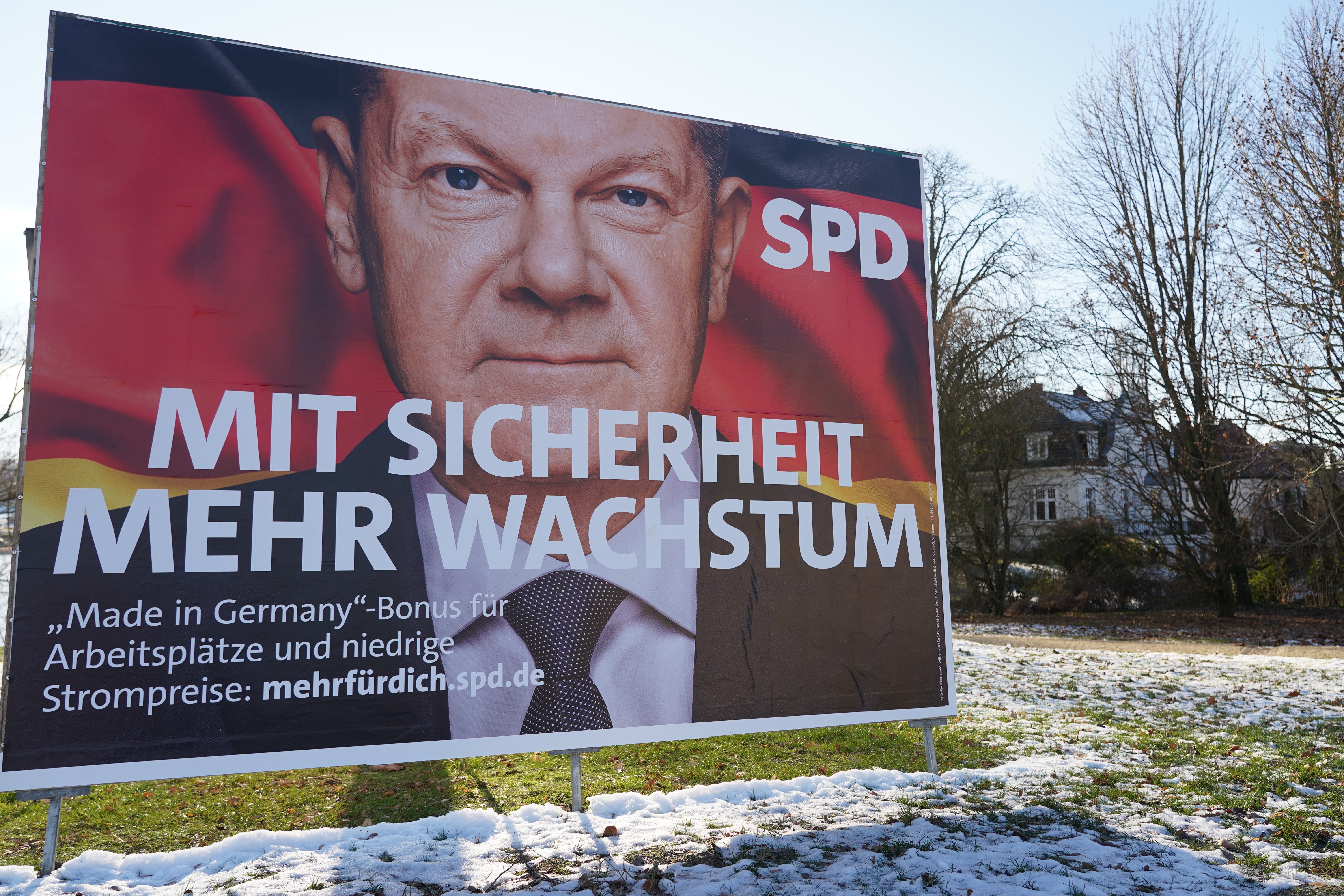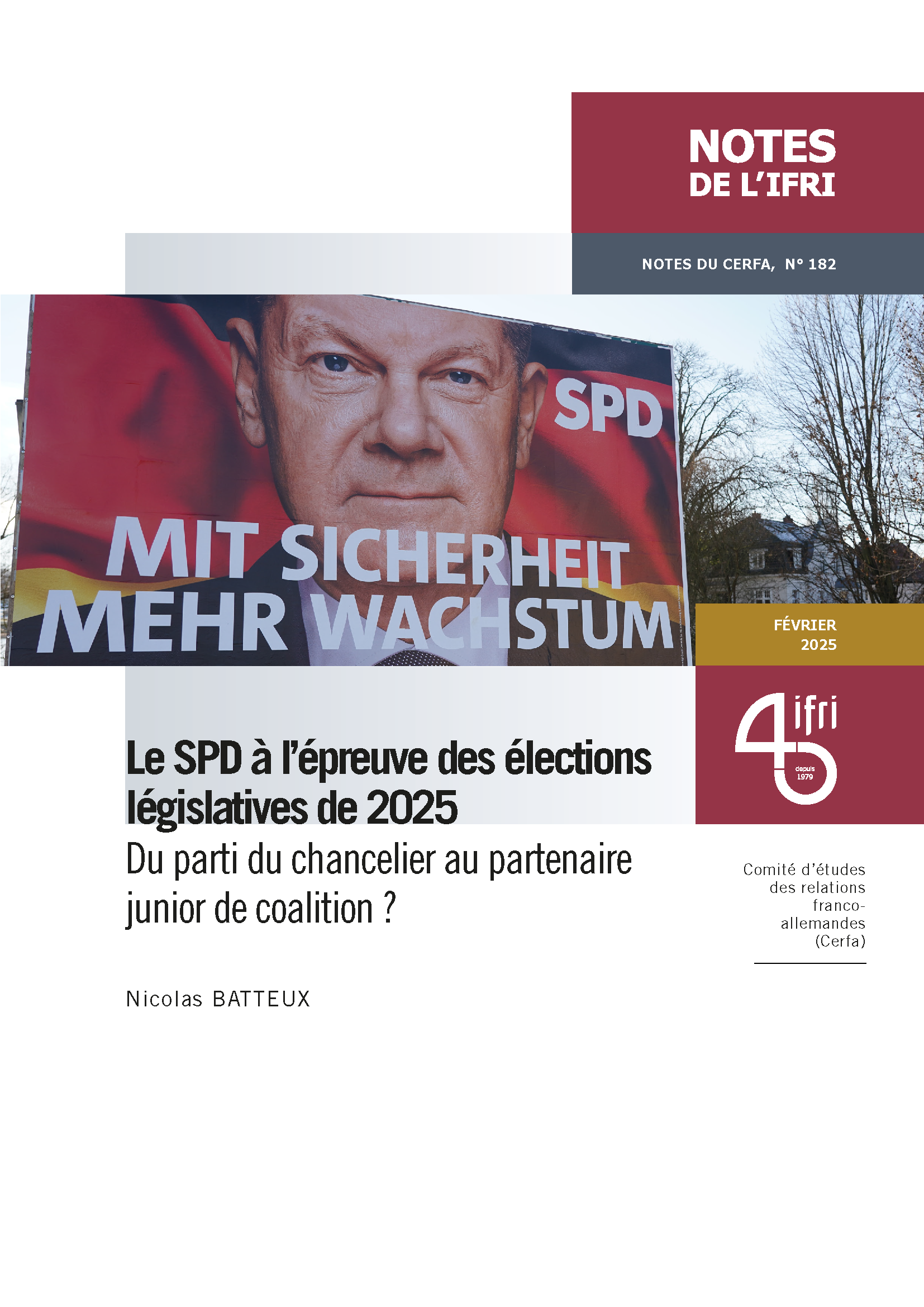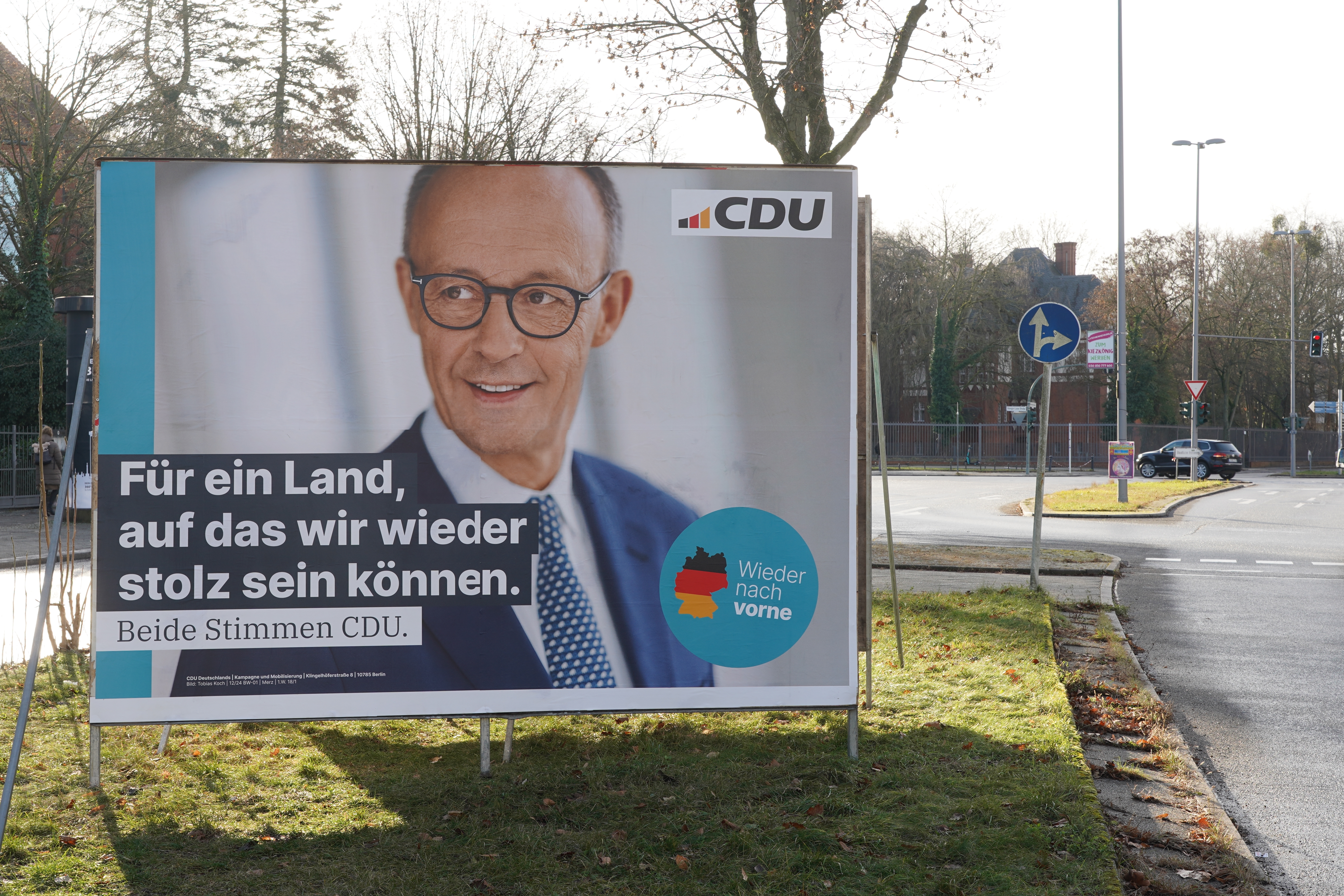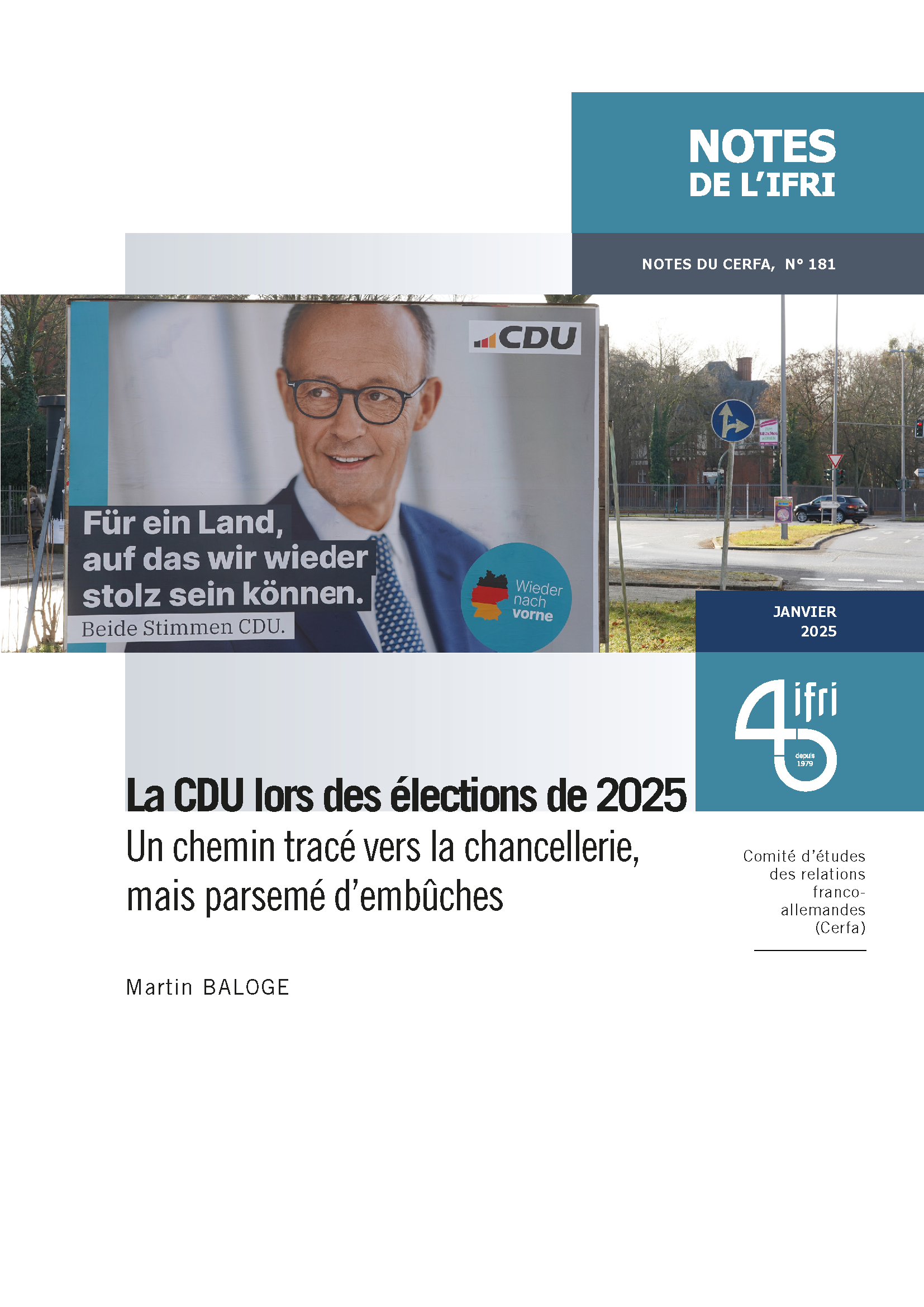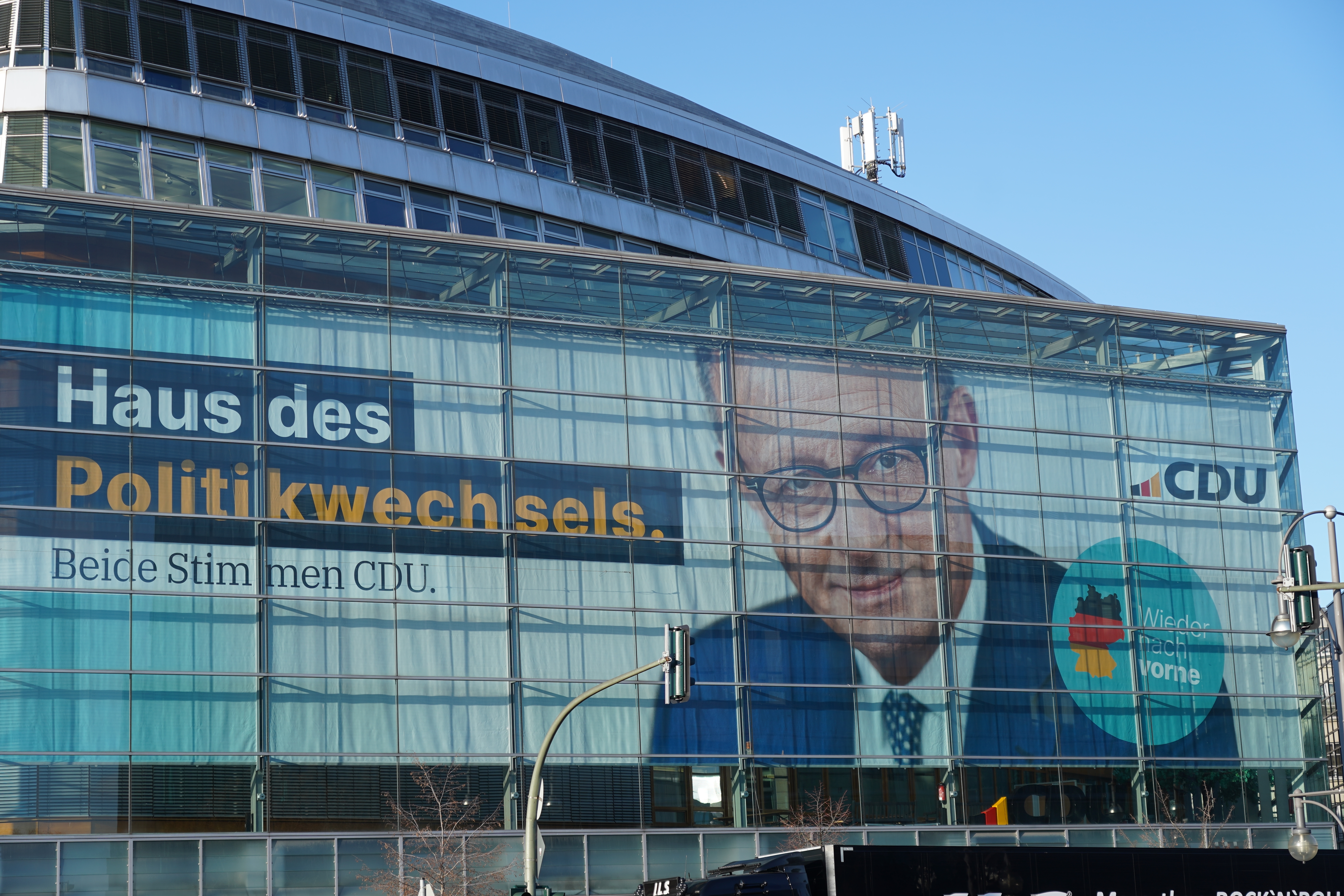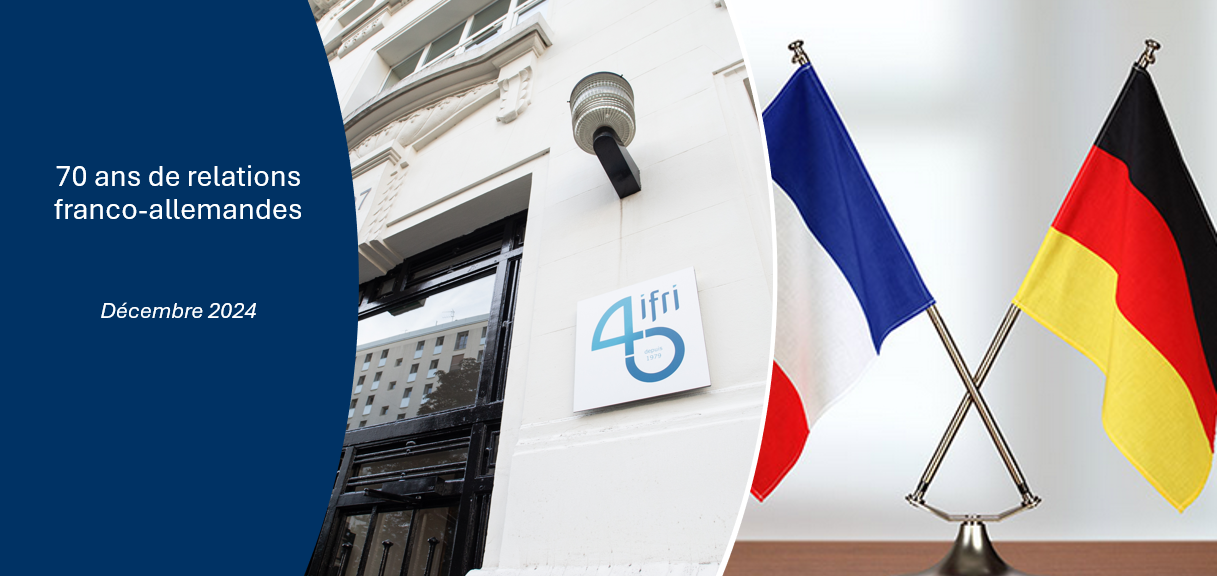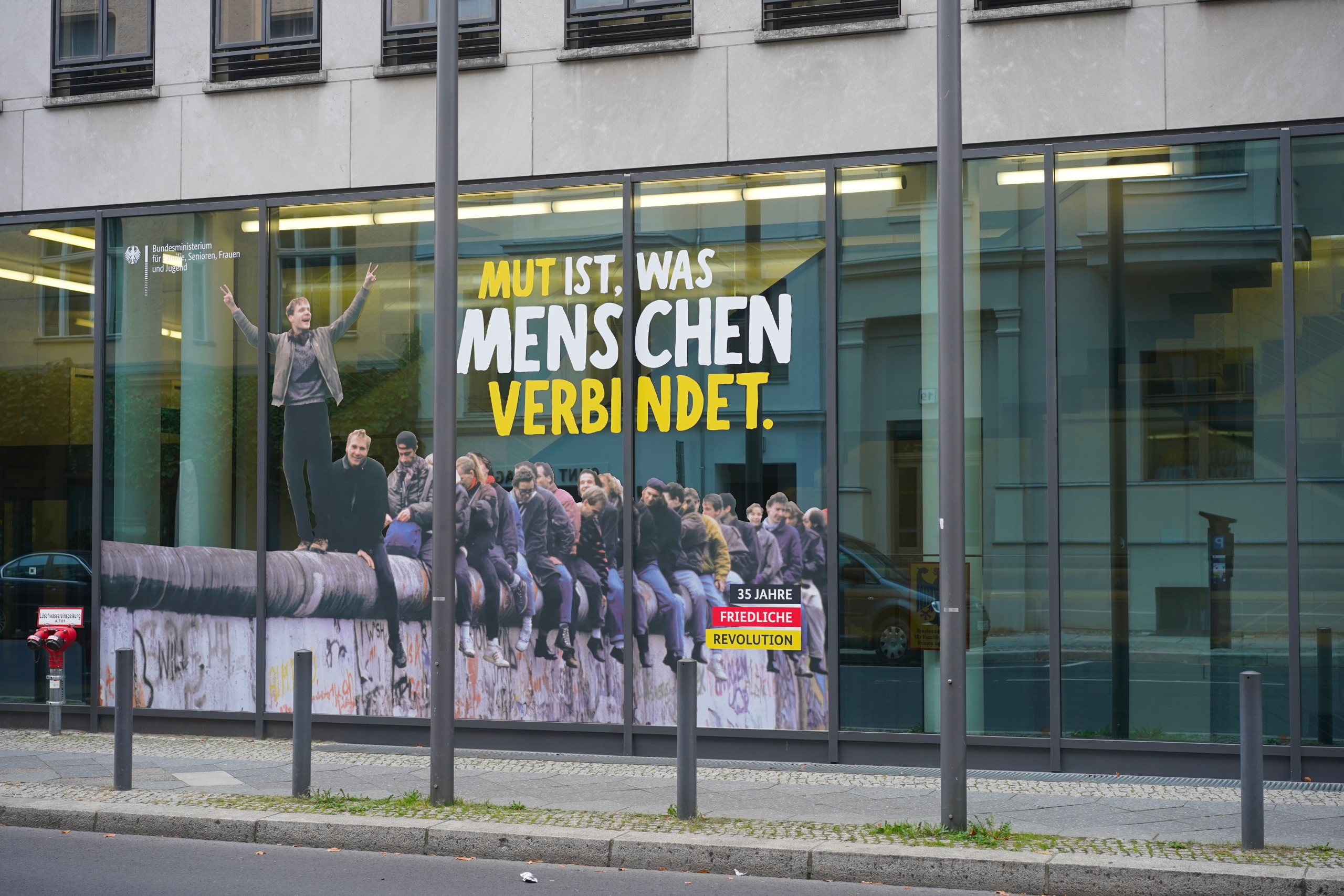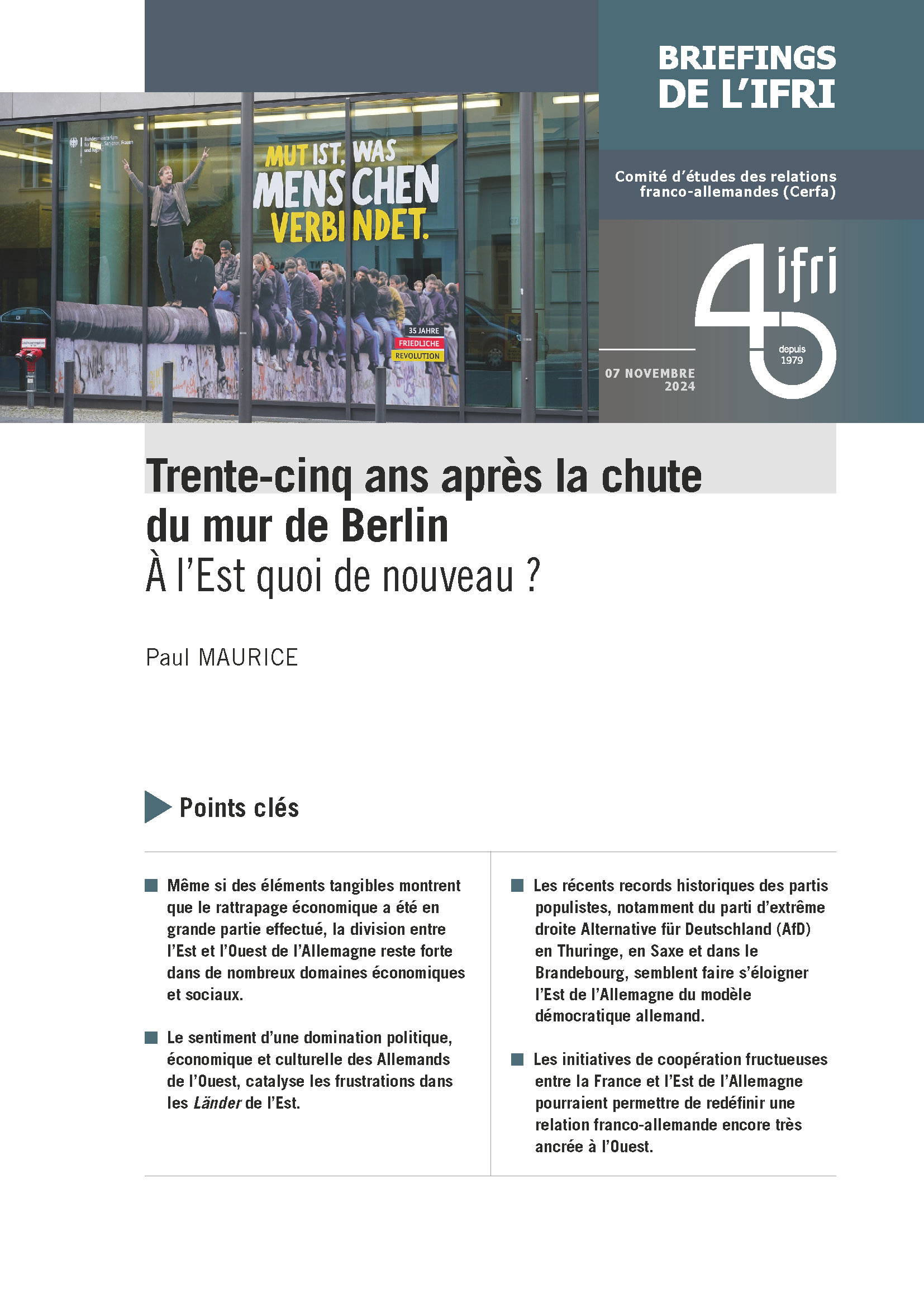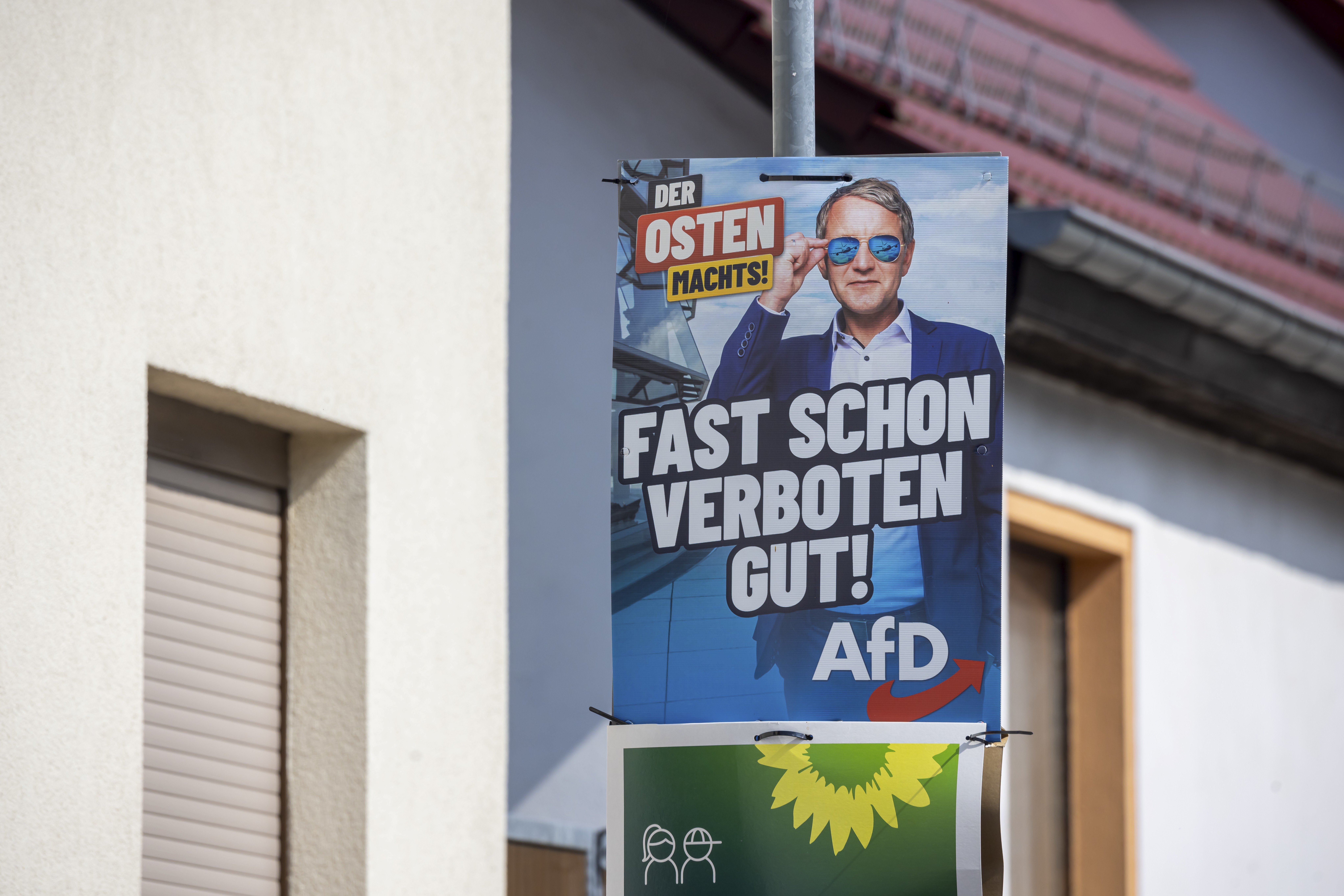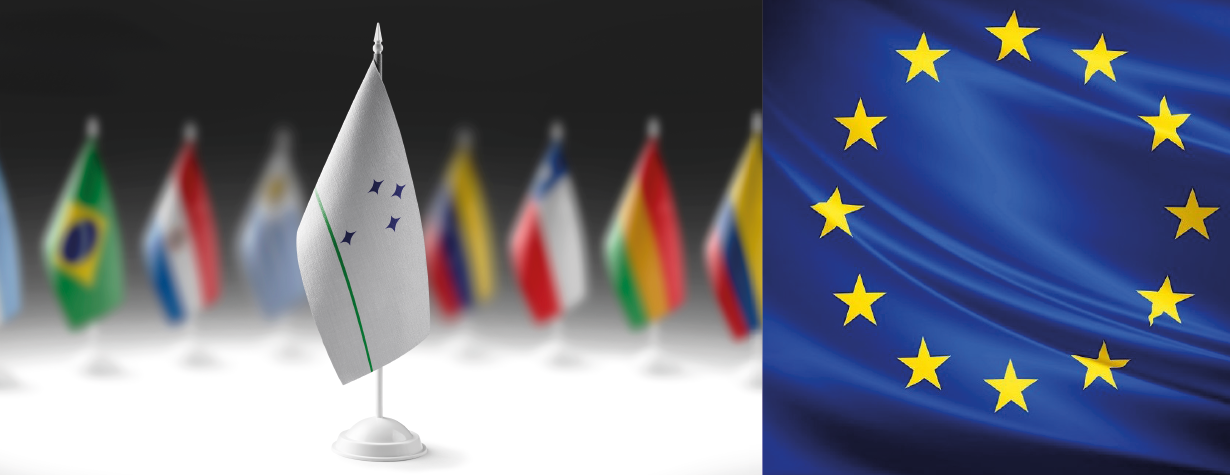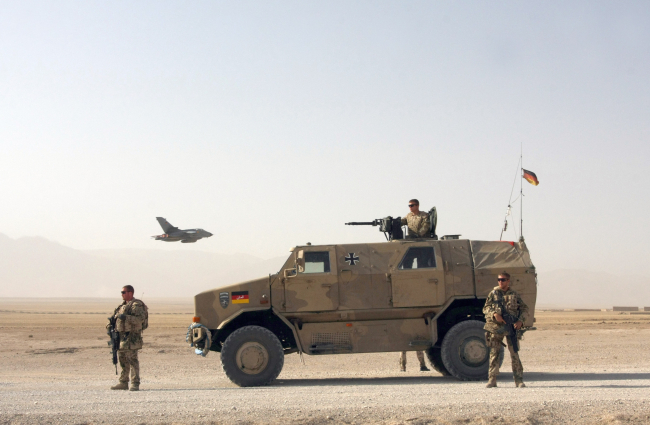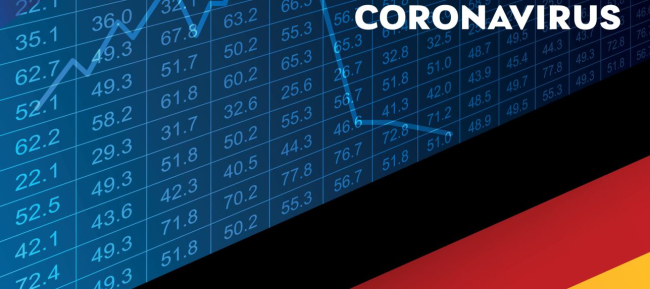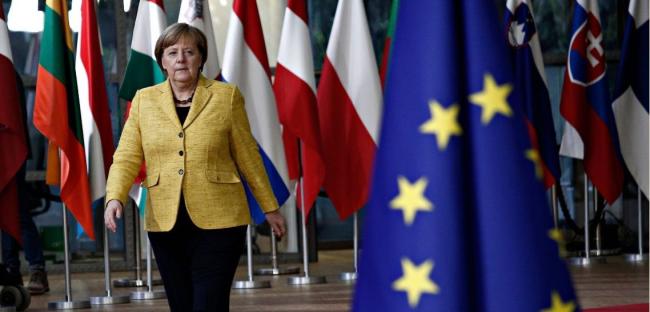The Study Committee on Franco-German Relations (Cerfa)
The Study Committee on Franco-German Relations (Cerfa) was created in 1954 by an inter-governmental agreement between the Federal Republic of Germany and France, in order to raise awareness of Germany in France and analyze Franco-German relations, including in their European and international dimensions. In its conferences and seminars, which bring together experts, political leaders, senior decision-makers and representatives of civil society from both countries, Cerfa develops the Franco-German debate and stimulates political proposals. It regularly publishes studies through two collections: Cerfa notes and studies as well as Franco-German visions.
Cerfa maintains close relations with the network of German foundations and think tanks. In addition to its research and debate activities, Cerfa promotes the emergence of a new Franco-German generation through original cooperation programs. This is how in 2021-2022, Cerfa led a program on multilateralism with the Konrad Adenauer Foundation in Paris. This program is aimed at young professionals from both countries interested in the issues of multilateralism in the context of their activities. It covered a wide range of themes relating to multilateralism, such as international trade, health, human rights and migration, non-proliferation and disarmament. Previously, Cerfa had participated in the Franco-German future dialogue, co-led with the DGAP from 2007 to 2020, and supported by the Robert Bosch Foundation and the Daniel Vernet group (formerly the Franco-German Reflection Group) which was founded in 2014 upon the initiative of the Genshagen Foundation.
Read more


Secretary General of the Study Committee on Franco-German Relations (Cerfa), Ifri

Events
70 Years of Franco-German Relations: Between Heritage and Future Challenges
Titre mis en avant
[Infographics] Early German Federal Elections in 2025: A Comparison of Party Programmes
In the run-up to the German Federal Elections on the 23rd of February 2025, Ifri's Study Committee on Franco-German Relations (Cerfa) is scouring the parties' political programs (internal policy, economy, European issues, Franco-German relations, foreign policy, security and defence policy, etc...)
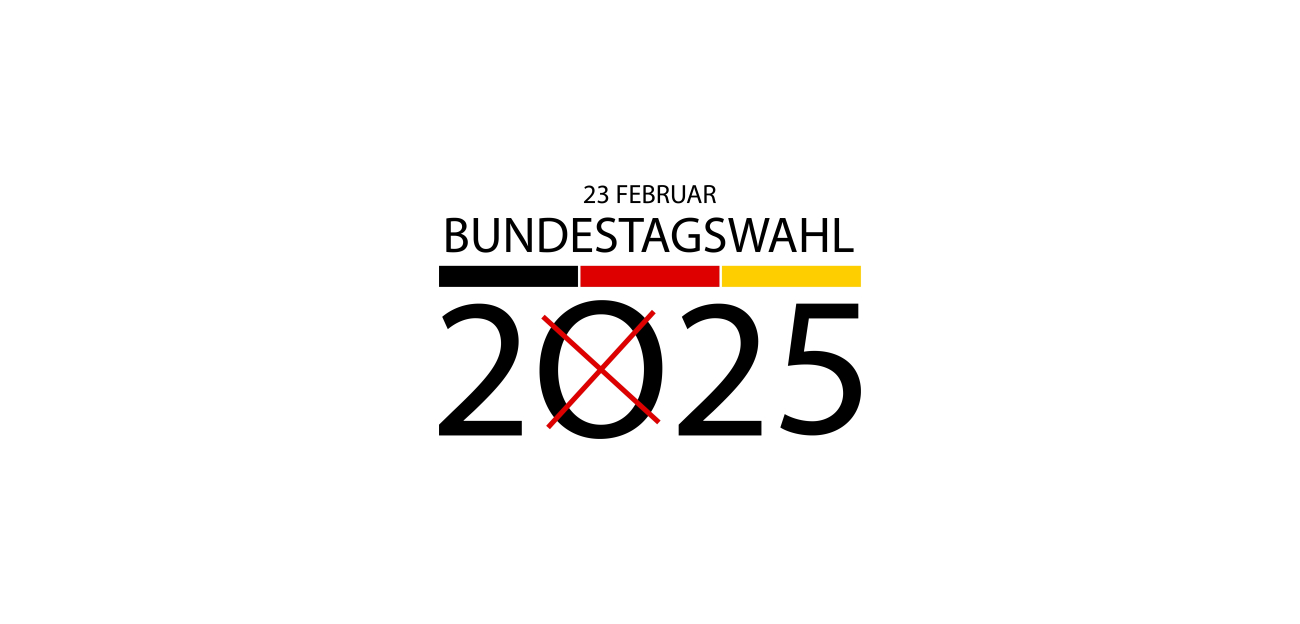
Publications
See all our interventions
Flagship Publications
Titre Bloc Axe
Research Areas
See all our interventions
Titre Axe de recherche
Domestic Politics – Elections
The Domestic Politics – Elections research axis within the Committee on Franco-German Relations at Ifri provides an analysis of the German domestic politics, its dynamics, the evolution of the party systems, and the electoral geography of the German Federal Republic. It tackles the relations between the political sphere and society and economic structures. A particular attention is payed to the electoral process in the different “Länder” because of the specificities of the German federal system. The recent political evolutions, with the emergence of new forms of coalitions in the different “Länder” and at the federal level, as well as the persistent differences in the political behaviors between East and West Germany, 30 years after the reunification, will influence political evolutions at the federal level (“Bund”).
The Cerfa at Ifri analyzes these topics along numerous “Notes du Cerfa” and public events which will help understand electoral campaigns, but also the overarching consequences of the election results on the Franco German cooperation at the regional and national level and on the role, Germany embodies on the European and international stage.
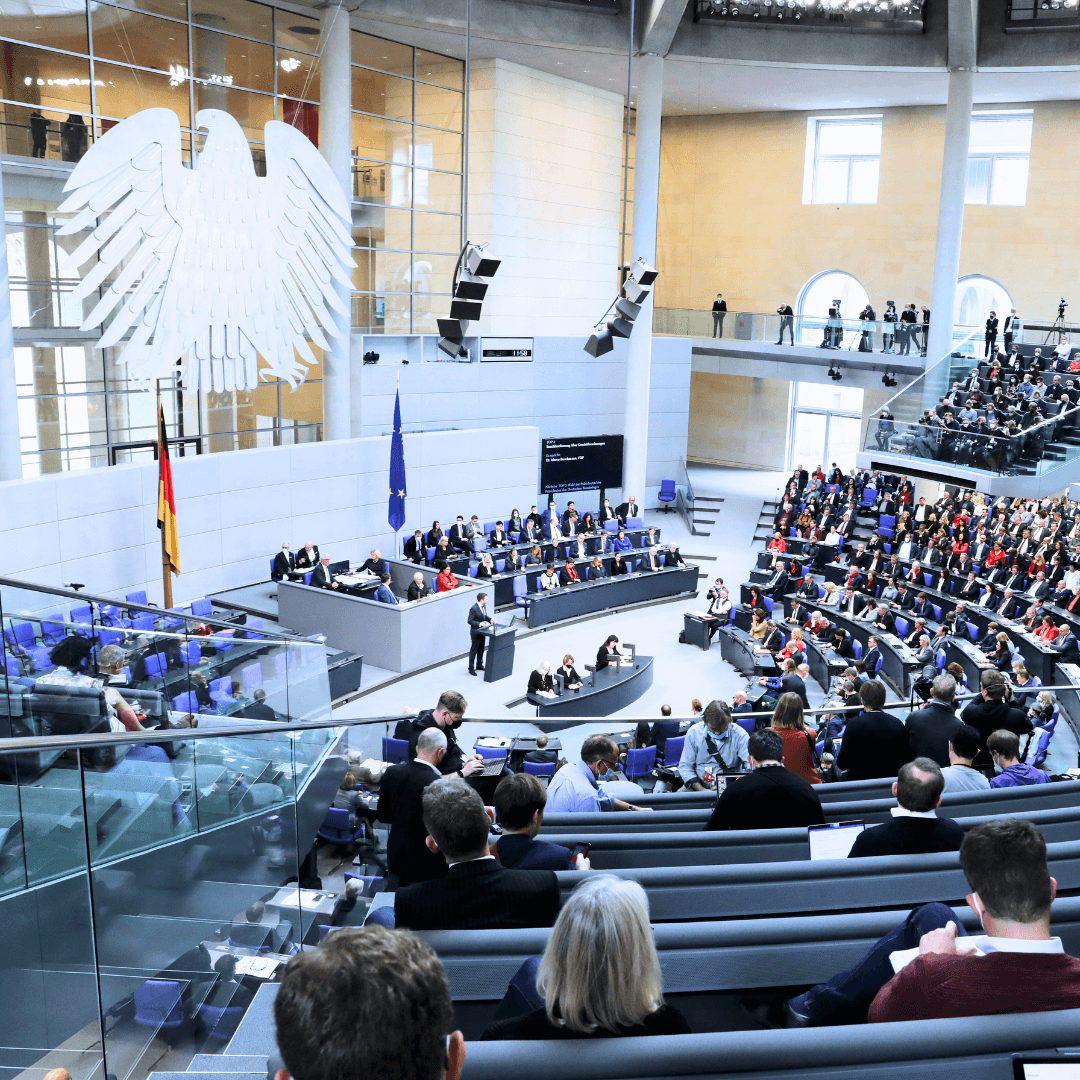
Titre Axe de recherche
Germany on the world stage
In a changing world, Germany is more than ever seen as a factor of stability in the face of increasingly numerous and frequent crises. The longevity of its political staff, the power of its economic model and the appeal of its code of values and principles are certainly not unrelated. It embodies stability but can it also serve as a bulwark against the phenomenon of deconstruction of the multipolar order from 1945? The Islamist terrorist threat, the war in the Middle East, Russian expansionism, the unpredictability of the Trump administration, the rise of populism, the question of opening markets and the uncertainty about the future of the European Union constitute the various elements of a poly-crisis which undermines the foundations of German foreign policy. None of these challenges can be met alone or independently of others. Not to mention the dangers that lie ahead in the longer term.
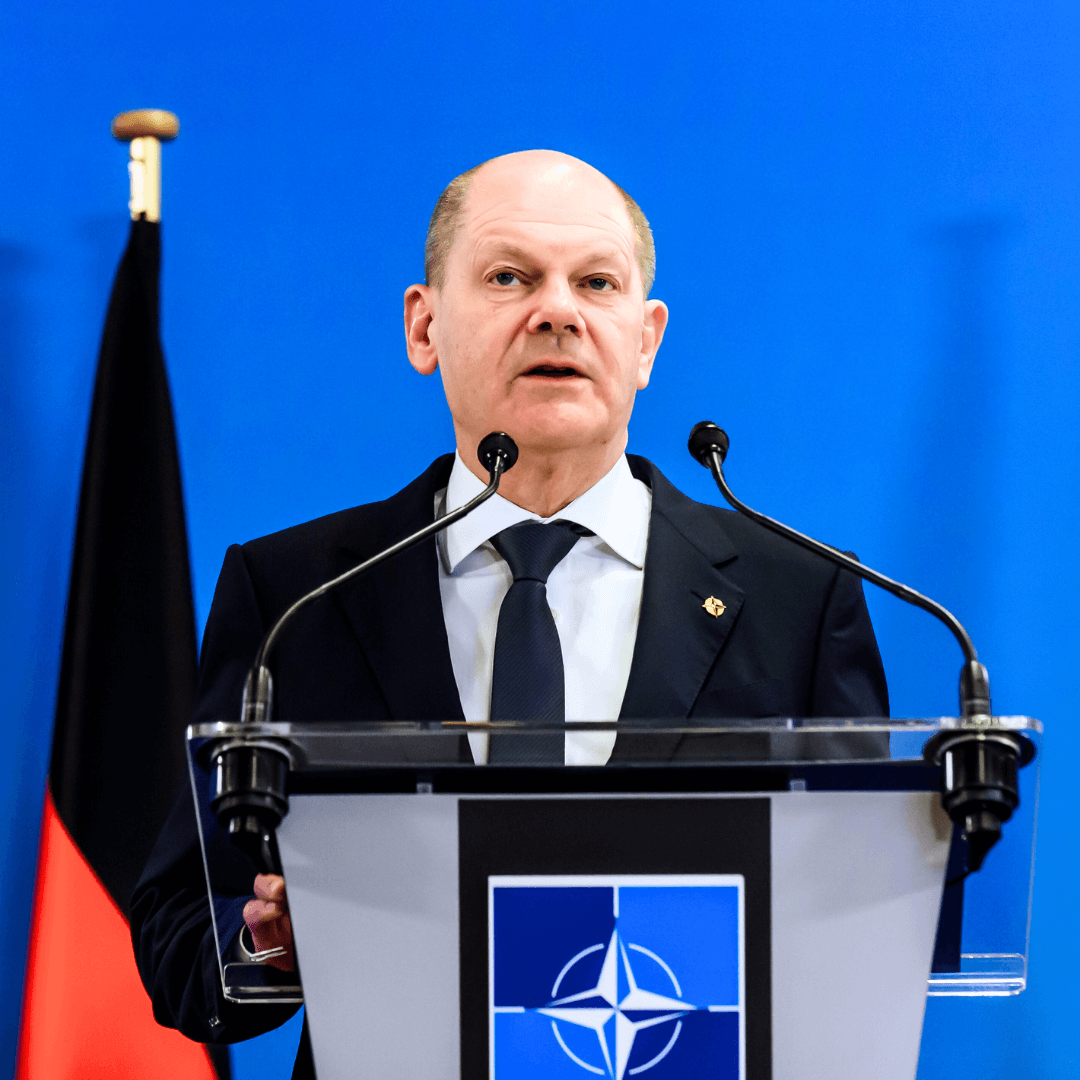
Publications
Circumstantial Pacifism: Political Parties and the Participation of the Bundeswehr in Foreign Operations
In Germany's parliamentary democracy, political parties play an important role in mandating Bundeswehr missions abroad and in overseeing their deployment. The political debate on these deployments is polarized between opponents, who are called “pacifists”, and supporters, who are called “militarists”.
Baden-Württemberg under Green Leadership – Balance Sheet of Two Government Periods under Winfried Kretschmann
Baden-Württemberg's economic and social structure offered good starting conditions for center-right parties from the beginning, which the Christian Democratic Union of Germany (CDU) initially knew how to use for itself. From 1953 to 2011 the Prime Minister belonged to the CDU. In 2011 the Greens and the Social Democratic Party of Germany (SPD) won an election over the CDU for the first time. Winfried Kretschmann was elected the first Green Prime Minister in a German state.
The Karlsruhe Court Judgment: A Thunderclap from a Clear Sky?
In its judgment of 5 May 2020, the German Federal Constitutional Court in Karlsruhe questioned the conditions under which the European Central Bank (ECB) had adopted a Public Sector Purchase Programme (PSPP), thus contradicting the position taken by the Court of Justice of the European Union in the same case.
German Economic Policy during the Corona-crisis. How Germany Intends to Support its Economy
Compared with other European countries, Germany’s management of the COVID-19 crisis has been efficient. Its health system has successfully coped with the challenge of the fight against the pandemic, the impact on employees has been mitigated thanks to allowances dedicated to furlough leave, business aids were important and quickly available, the government has been responsive.
Thirty Years after its Reunification, Germany's “European Moment”?
On October 3, 1990, after forty years of division, Germany once again became one state. Less than a year after the fall of the Berlin Wall, on November 9, 1989, the territories of the German Democratic Republic (GDR) became part of the Federal Republic of Germany (FRG) under Article 23 of its Basic Law.
Bavaria and France. Preparing the Future together
France and Bavaria have a longstanding close and solid partnership. However, the relationship between France and Bavaria is not only marked by a common history and by the structures created over the decades.
Captain in the Storm: Challenges and Opportunities for the German EU Council Presidency
The German Presidency of the Council of the European Union begins on July 1, 2020 at a time of acute crisis. It is facing unprecedented challenges and organizational constraints in a context marked by high expectations from its European partners.
Breakthrough for Decentralized Franco-German cooperation? Perspectives after the Aachen Treaty
The development of Franco-German cooperation can be described as an intergovernmental process. Depending on the perspective, the capacity for innovation of the relationship lies either with central decision-makers at the state level or with decentralized actors at the local level.
The Right-wing Extremism in Germany. An Underestimated Threat?
In 2018, the Federal Office for the Protection of the Constitution classified 24,100 people in Germany as right-wing extremists. More than one out of two right-wing extremists is described as “violence-oriented”. These figures demonstrate the high level of threat in the German constitutional democracy, which has already manifested itself in the form of various terrorist attacks against foreigners, religious communities and more recently politicians.

French Foreign Policy in the Age of Polycrisis
Under the presidency of Emmanuel Macron, France has set itself the goal of strengthening its international presence, being more proactive and defining the European reform agenda. However, the French room for manoeuver is limited.
The Team

Our research fellows: The Study Committee on Franco-German Relations (Cerfa)
Support independent French research
Ifri, a foundation recognized as being of public utility, relies largely on private donors – companies and individuals – to guarantee its sustainability and intellectual independence. Through their funding, donors help maintain the Institute's position among the world's leading think tanks. By benefiting from an internationally recognized network and expertise, donors refine their understanding of geopolitical risk and its consequences on global politics and the economy. In 2024, Ifri will support more than 70 French and foreign companies and organizations.








